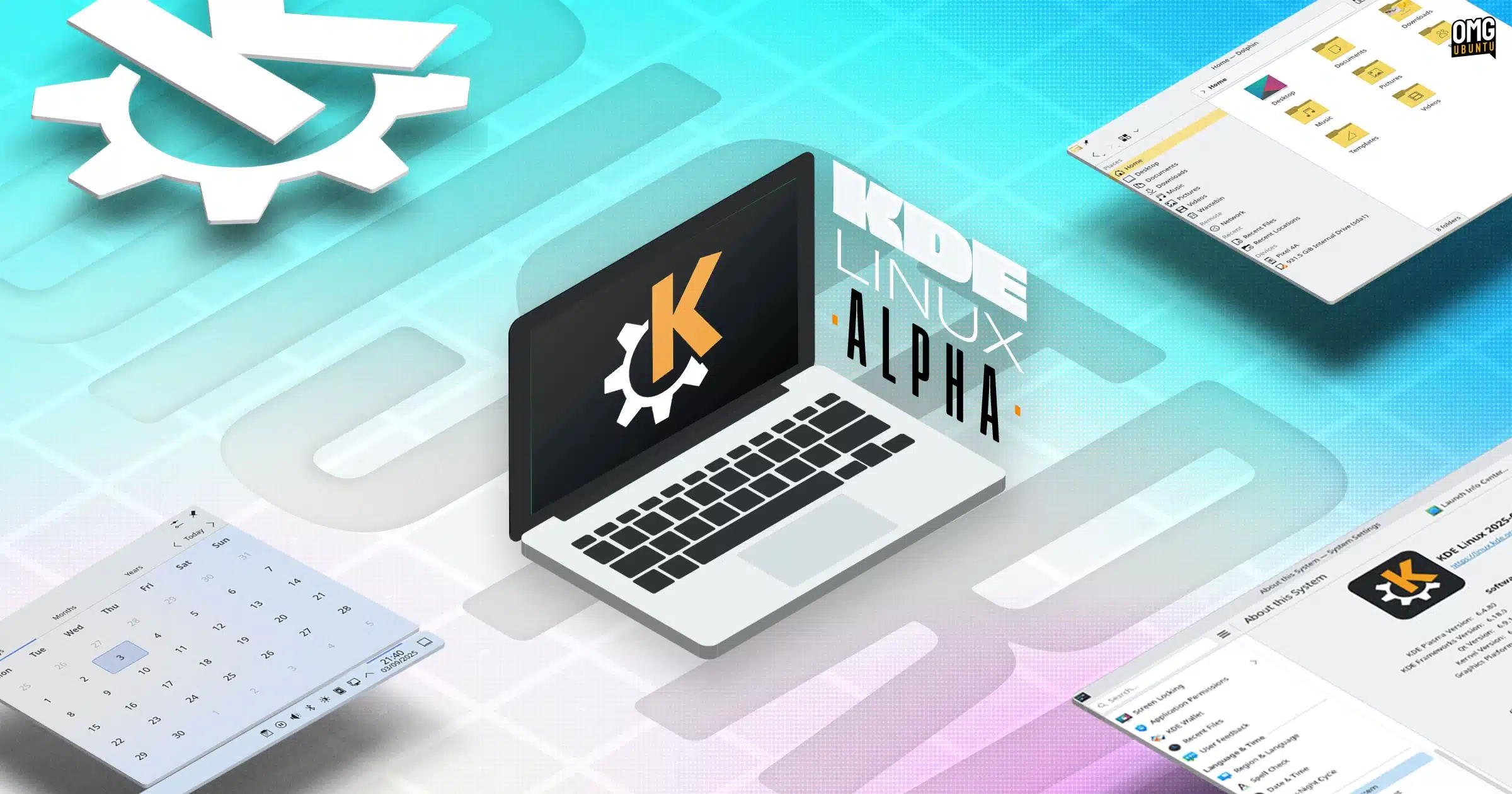If you experience any difficulty in accessing content on our website, please contact us at 1-866-333-8917 or email us at support@chicagovps.net and we will make every effort to assist you.

KDE has taken a bold step by launching the first alpha version of its very own Linux distribution, known as KDE Linux. This new operating system acts as a ‘reference implementation’ for the KDE Plasma desktop environment, applications, and development tools. Unlike the usual practice where desktop environments are bundled within existing distributions, KDE is venturing into creating a dedicated OS.
KDE Linux is an immutable distribution, meaning its core components reside in a read-only filesystem, derived from Arch Linux. This architecture ensures stability, as it is protected from potential issues caused by package conflicts. Users will benefit from atomic image-based updates that require a reboot to apply, along with built-in rollback functionality that allows reverting to a stable state if an update fails.
From an end-user’s perspective, KDE Linux will function similarly to any other distribution, with the distinction appearing only when attempting traditional package management or attempting to modify system parts.
Applications on KDE Linux are primarily installed via Discover using Flatpaks or Snaps. Additionally, tools like Distrobox and Toolbox facilitate the installation of software packaged in various formats (DEB, RPM, etc.) within containers, making it accessible for developers who need to run specific software environments.
KDE Linux aims to be a reliable platform devoid of the complexities found in other distributions. It offers a comprehensive software catalogue including essential applications like Mozilla Firefox, video and music players, and text editors, as well as various developer tools. KDE emphasizes that this OS is designed to deliver an unmodified, authentic KDE experience, free from alterations typically found in other distributions.
The introduction of KDE Linux does not intend to overshadow existing distributions like Kubuntu or Manjaro, but serves to find the best implementation of KDE software directly from the source, without modifications or branding.
Those interested in trying out KDE Linux can download the alpha version from the KDE Linux website. It is worth noting that this release is intended for developers and testers, as it may still have bugs and instability. The distribution can be installed on most modern Intel or AMD machines with UEFI support and can be booted from a USB drive. However, support for older NVIDIA GPUs may not be available due to licensing issues.
For a more in-depth understanding and updates, you can visit the official KDE Linux page.
ChicagoVPS is your gateway to unparalleled hosting solutions. Our state-of-the-art datacenters and powerful network ensures lightning-fast speeds and uninterrupted connectivity for your websites and applications. Whether you’re a startup looking for scalable resources or an enterprise in need of enterprise-grade hosting, our range of plans and customizable solutions guarantee a perfect fit. Trust in ChicagoVPS to deliver excellence, combining unmatched reliability and top-tier support.
For Inquiries or to receive a personalized quote, please reach out to us through our contact form here or email us at sales@chicagovps.net.
